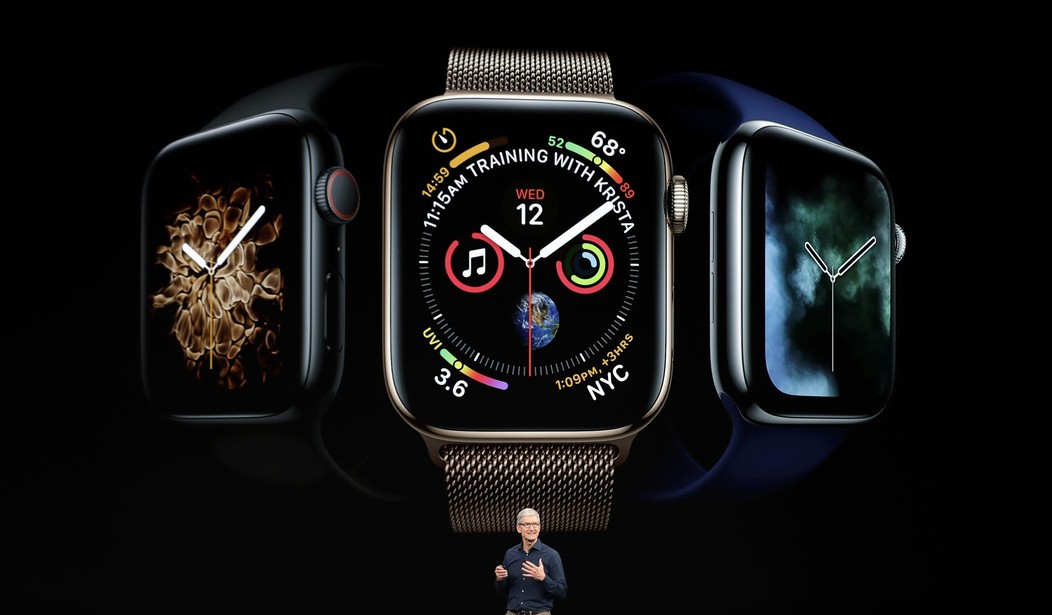Businesses around the world have stepped up to help prevent the spread of the Wuhan coronavirus. Brick and mortar stores have practiced social distancing, limited the number of people that come into their store at a given time and some have even required employees and customers to wear masks. Apple, however, is getting creative and using technology to make people's lives slightly easier.
The company unveiled new software updates for their MacBooks, iPads, iPhones and iWatches on Monday during its annual Worldwide Developers Conference. The most notable improvement, however, is the WatchOS7 update, which is scheduled to be released sometime in the fall when new devices and updates are typically dropped.
When the update drops, the iWatch will be able to detect if the user is washing his or her hands. A timer will start so the person wearing the watch knows whether or not they have washed their hands for a full 20 seconds, the Centers for Disease Control's (CDC) recommended washing time. Once the user has washed their hands for the full 20 seconds, the iWatch will vibrate to let them know they have taken enough time to thoroughly wash their hands.
Hand washing has been the single most important preventative measure that Americans can take to help prevent the spread of the Wuhan coronavirus.
"Determining the optimal length of time for handwashing is difficult because few studies about the health impacts of altering handwashing times have been done," the CDC website states. "Of those that exist, nearly all have measured reductions in overall numbers of microbes, only a small proportion of which can cause illness, and have not measured impacts on health. Solely reducing numbers of microbes on hands is not necessarily linked to better health."
Recommended
"The optimal length of time for handwashing is also likely to depend on many factors, including the type and amount of soil on the hands and the setting of the person washing hands," the agency explains on their website. "For example, surgeons are likely to come into contact with disease-causing germs and risk spreading serious infections to vulnerable patients, so they may need to wash hands longer than a woman before she prepares her own lunch at home. Nonetheless, evidence suggests that washing hands for about 15-30 seconds removes more germs from hands than washing for shorter periods."

























